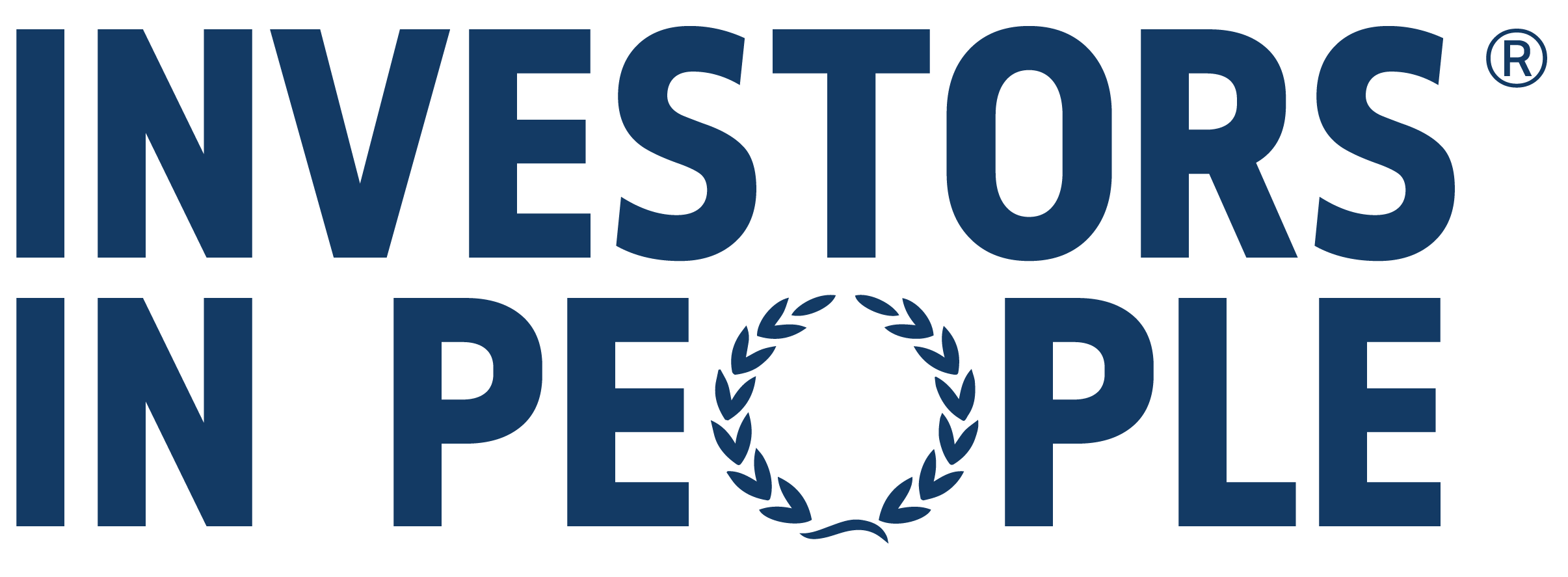It’s estimated that 70% of people will experience impostor syndrome at some point in their lives. Impostor syndrome – also known as impostor phenomenon or impostorism. It is associated with several negative outcomes in the workplace, including poor mental wellbeing. By understanding what impostor syndrome is and how it can be tackled, employers can help reduce its incidence.
What is impostor syndrome?
Impostor syndrome is felt as pervasive self-doubt, insecurity and the unshakeable belief that your achievements and successes are due to luck rather than any innate or learned abilities and knowledge.
People suffering from impostor syndrome often dread being ‘discovered as a fraud’. Whereby other people ‘realise’ their achievements to date have been solely driven by external factors. Some commentators break impostor syndrome down into subtypes depending on the nature of the feelings and the resultant patterns of behaviour.
It’s key to note that impostor syndrome is not a realistic self-assessment of inadequacy in specific situations, but a pervasive sense of unworthiness and inability. Further success does not assuage it, because to the sufferer this just adds to the pile of evidence that will come to light when they are finally exposed as fraudulent.
Impostor syndrome at work: why is it a problem?
Impostor syndrome is a problem for organisations for several reasons. Firstly, it reduces wellbeing and can increase the chance of acute or chronic mental health issues. Secondly, it isolates individuals and negatively impacts interpersonal relationships. Finally, because many sufferers are scared of failing, they are less likely to chase innovation, which naturally carries with it a reasonably high chance of failure.
Impostor syndrome at work: what should HR do?
Tackle illusions in your industry
An article in the legal publication ABA Journal, called “Nobody’s Perfect,” references the ‘never let ‘em see you sweat’ attitude. This is “driven home in top law schools and reinforced by the adversarial nature of litigation.”
Lawyers operating against this backdrop may be predisposed to impostor syndrome as they try to live up to the expectations silently imposed by the prevailing beliefs across the industry as a whole.
Every industry has problems like this and the organisation’s culture can either exacerbate or tackle them. HR’s role is in encouraging managers (and supporting them with tools and knowledge) to cut across established norms to create healthier expectations in the workplace.
Focus on the inclusion agenda so people feel validated
Since external validation is an overriding need in those suffering from impostor syndrome, not feeling included and accepted in the workplace. External signs of non-approval – can make the problem worse.
This may be particularly true for minority groups in the workplace. In a study of black and hispanic university students, low ethnic identity – which can occur when people feel underrepresented/unrespected in the workplace – was found to be a risk factor for developing impostor syndrome.
This is why the inclusion agenda is so important. Boosting feelings of group identity improves self-esteem and perceptions of self-efficacy, which helps people feel more comfortable with their strengths and weaknesses. This is essential in order to more successfully attribute successes to hard work and abilities (see below).
Encourage employees to realistically attribute successes
Many organisations now regularly acknowledge hard work publicly as a way to boost motivation, wellbeing and productivity. This public acknowledgement can help individuals begin practicing a core strategy for tackling impostor syndrome. Proper attribution.
An article in Scientific American Mind suggests that sufferers should attribute success as accurately as possible. It’s important to note that the attribution must be fair, so saying ‘hard work’ was the reason for success when it wasn’t is unlikely to have the desired therapeutic effect.
Circling back to the subtypes of impostor syndrome mentioned earlier, the article points out that ‘workaholics’ – often labelled as the ‘Superman/Superwoman’ subtype – always think they need to work harder and longer and therefore attributing their success to hard work is unlikely to help. Looking to intelligence, or specific strategies or ideas, is a better bet here.
Ensure packages do not overreward individuals
Overreward occurs when an individual “receives an employment offer that exceeds the individual’s expectations relative to the perception of his/her qualifications.”
This can encourage impostor syndrome because the candidate believes the organisation has misjudged their worth (hence the superior pay package) and therefore has expectations the individual cannot achieve.
HR should ensure that packages offered across the organisation are commensurate with the market rate for specific jobs. Salary ranges should give departments enough leeway to get the right candidate with the right skills at a fair price, but not to overreward them.
Educate and inform to help people reframe their beliefs
There are clear thought patterns and limiting beliefs that occur frequently in those who suffer from impostor syndrome. Feeling alone and feeling like you’re ‘wearing a mask,’ for example, are common.
Helping individuals reframe these beliefs can help. One study found that merely finding out about impostor syndrome and learning that others experience the same anxiety and behaviour patterns gave relief to sufferers.
Education is a core part, therefore, of HR’s toolkit. Put posters up around the office or run an ‘awareness week’ for impostor syndrome. Always give people the chance to find out more information privately. Impostor syndrome is often characterised by high levels of shame, meaning sufferers are less likely to proactively seek help.
Help people connect with their internal motivators
Researcher Queena Hoang found in 2013 that nurturing intrinsic motivation can help address impostor syndrome.
The benefits of intrinsic motivation to wellbeing and productivity have become well-established in the people management space following the publication of Daniel Pink’s book Drive, making this one more reason for HR to focus effort in this area.
Line managers are best placed to help individuals, through close coaching and relationship-building. The more that line managers understand their direct reports, the more they’re able to help them create alignment between their job and their internal motivators.






